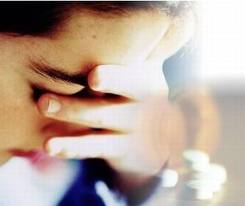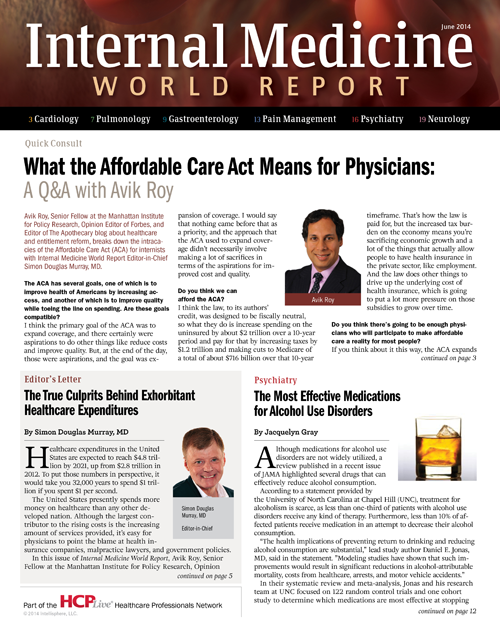Publication
Article
Internal Medicine World Report
Head Injury Tied to Development of Psychiatric Disorders
Author(s):
Patients who experience a head injury have an increased risk of receiving a subsequent diagnosis for a psychiatric disorder.

According to research published in The American Journal of Psychiatry, patients who experience a head injury have an increased risk of receiving a subsequent diagnosis for a psychiatric disorder.
For their study, Sonja Orlovska, MD, and colleagues at Copenhagen University’s Mental Health Center in Denmark observed data on more than 1.4 million individuals born between January 1, 1977, and December 31, 2000. The researchers focused on the 113,906 patients with a head injury, including 6,452 hospitalized for skull fractures — 2,749 of whom also had a mild head injury, and 1,501 of whom also had a severe head injury.
Upon analysis, the researchers discovered an association between head injuries and diagnoses of psychiatric disorders. Of the 32,270 individuals diagnosed with a psychiatric disorder, “10,607 persons had a diagnosis of schizophrenia, of whom 1,304 (12%) had previously been exposed to head injury; 24,605 persons had a depression diagnosis, of whom 2,812 (11%) had a previous head injury; 1,859 persons had a bipolar disorder, of whom 191 (10%) had a previous head injury; and 1,199 persons had an organic mental disorder, of whom 322 (27%) had a previous head injury,” the authors reported.
Overall, the researchers asserted a head injury increased the risk of schizophrenia by 65%, depression by 59%, and bipolar disorder by 28%, and they also discovered a correlation between a severe head injury and schizophrenia, depression, and organic mental disorders.
Additionally, the age at which a patient’s head injury occurred was linked to a psychiatric disorder diagnosis, as head injuries experienced “between 11 and 15 years of age was the strongest predictor of the subsequent development of schizophrenia, depression, and bipolar disorder,” the study authors penned.
“This age effect could indicate a particularly sensitive period in neurodevelopment when the impact of a head injury can possibly lead to the development of mental illness,” they added.
However, the researchers found patients whose parents had psychiatric disorders were not more likely to experience a head injury. In fact, “head injury actually added significantly more to the risk of schizophrenia, bipolar disorder, and organic mental disorders in persons without a psychiatric family history,” they noted.






